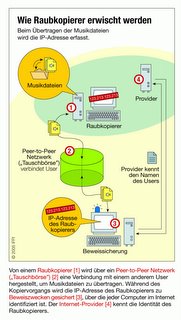 Homeindia.com
Homeindia.com is a great site that has raised some fashionable discussion about copyright infringement on Bollywood costumes. The site allows you, the Bollywood-addict, to pick your favourite movie/actress/actor and order its/her/his costume from the movie for some $200. Imagine, getting that wacky Ewok-costume online, with no Indian-style Skywalker Empire juicing out its intellectual property rights to let you bleed for a, well...$200? Anyway, Bollywood's finest may not be your average Darth Vader, but
the Hindutimes pops the question to Homeindia.com and the Bollywood costume designers:
Is this not entering the grey area of copyright violation? Mehta says that the site has "not faced any problem so far." He adds, "The problem arises only when the dress is marketed as a separate entity and the producers themselves market the clothing that the characters are seen in. If it's not patented, it's open to the market."
Film designer Vikram Phadnis begs to differ. "I don't think it's right to make money off our work," he says. Fellow designer Rocky S agrees, "It is totally wrong to cash in on our creative work." But he adds, "There's only so much we can do. It's not possible for a fashion designer to patent each and every piece that he makes."
- - -
In the picture above: Satish Shah Churidar Kurta and his costume as seen in the movie "Kal Ho Na Ho"





